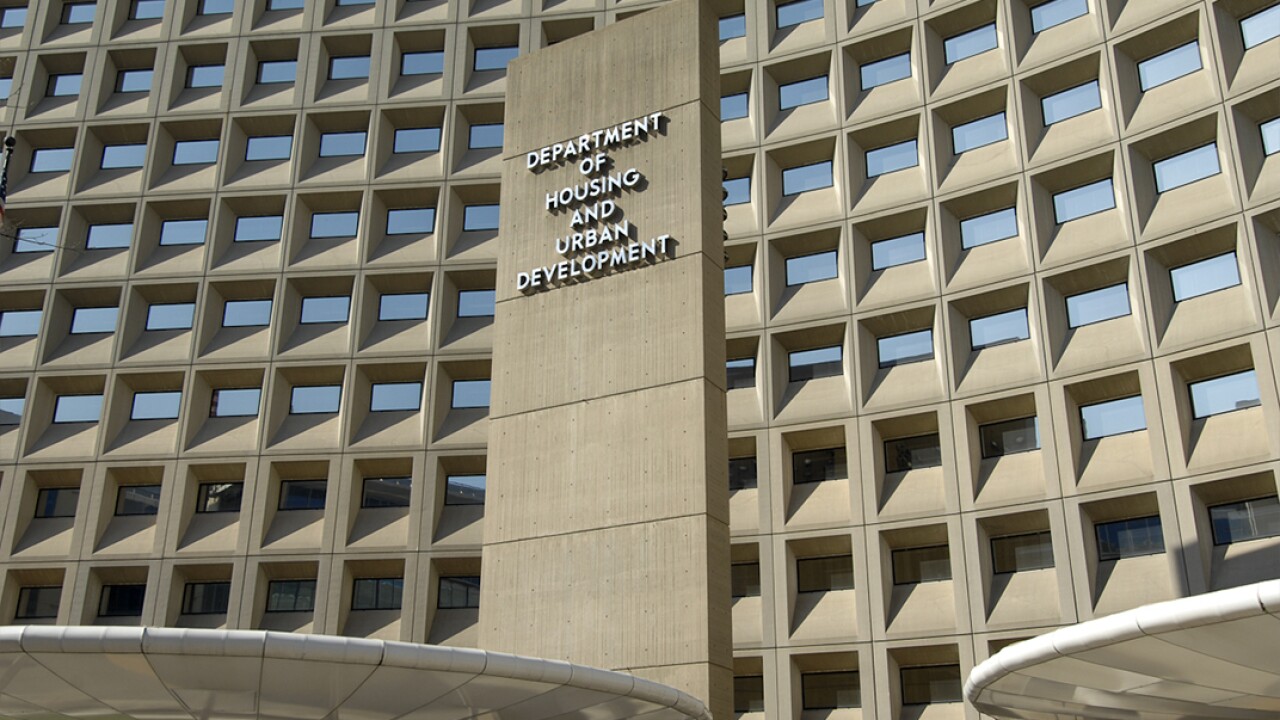What if you gave a card-based rewards program and didn't tell anybody? Target Corp., the second-largest retailer in the U.S., appears to have taken this unusual approach as it quietly launched in July SmartCoupons, a coupon program tied to its Target Visa smart card.
With little fanfare, Target mailed to cardholders a compact disc it calls Smart Card Reader Software 2.0 along with installation instructions. The software is designed to upgrade the reader for personal computers that Target distributed to cardholders when it began the smart card program in September 2001.
Target also updated segments of its Web site devoted to the smart card with promotions for SmartCoupons. Once at the SmartCoupon site, the cardholder can view coupons, download them onto the chip, and print out a list of those she's selected.
SmartCoupons also are available for download at kiosks in some of Target's 1,167 discount stores. The coupons on the chip are redeemed automatically when the consumer pays for the discounted item with her Target Visa card at the point of sale.
Control on Both Sides
Target's use of the chip card as a marketing tool has been long anticipated. Partly that's because its card program is huge, with Target's Retailers National Bank issuing about 8 million smart cards. Partly it's because Target has unprecedented authority over the program.
"They control acceptance and the issuing side," says David Poe, chief executive of Edgar, Dunn & Co., a San Francisco-based consultancy.
That gives Target the ability to work with consumer-goods manufacturers to provide rewards, monitor customer behavior and customize the program for select groups, says Poe.
Target's card had $3.75 billion in receivables this May, up 83% from $2.05 billion a year earlier, and accounted for 66% of the retailer's $5.68 billion in total card receivables. The card's points program offers a 10% discount after the consumer spends $1,000.
There's another reason SmartCoupons is anticipated-Target has been slow to roll it out since hinting about a year ago the program would begin.
John Gould, director of consumer credit at consultancy Tower Group, says Target is moving carefully to build acceptance and use by cardholders. "They've been quiet because it's been delayed nine months," he says. "They don't want to make a hoopla. This is marketing directly to Target Visa smart card holders."
Target wouldn't discuss its smart card or the SmartCoupon program with CCM. As a company policy, Target doesn't speak to the trade press.
And there are growing pains. The home-computer portion of the Smart-Coupons site gave many consumers problems in August when they clicked from screen to screen looking for coupons. A Target customer-service representative said the glitch would be fixed.
Smart cards have been a success in Europe, where they've reduced fraud. But in the U.S., reaction has been mixed. Some believe chips could revolutionize the card business. Others say smart cards are a gimmick that will end up gathering dust in cardholders' drawers.
One success has been American Express Co.'s Blue credit card, the first major smart card in the U.S. Experts have said that AmEx has issued about 6 million Blue cards. Al Kelly, group president of U.S. consumer and small business services, told analysts in August that Blue held 19%, or nearly $7.2 billion, of AmEx's $36 billion in managed loans.
However, Blue has made little use of the chip though it promotes its security strengths for online purchases. In its recent marketing, AmEx virtually ignores the chip, highlighting instead the cash rebate feature.
And chip cards have mostly meant the blues for other bank card issuers. Visa USA has been a major smart card backer and three of its largest issuers-Bank One Corp., Providian Financial Corp. and FleetBoston Financial Corp.-jumped on the chip bandwagon after Blue's splash. Visa said that 12 million smart cards carried the Visa brand in 2002.
But it was never clear if consumers were just responding to the chip gimmick in acquisition letters. Providian stopped marketing the cards. A spokesperson says there weren't enough offerings, i.e. rewards, from merchants to make it worthwhile for the San Francisco-based issuer to buy a chip and have it embedded in a card.
A spokesperson for Bank One says the bank has turned its marketing attention to its cobranded card with Walt Disney Co. and the soon-to-be released card with Starbucks Corp.
Fleet continues to offer its smart card on its Web site but no longer promotes it through direct mail.
-
President Donald Trump's proposed budget would nix funding for Community Development Financial Institutions in minority heavy areas while expanding it for rural areas.
May 2 -
The two companies are collaborating to bring enterprise AI to Box users.
May 2 -
The administration is pitching a $26.7 billion reduction to the regulator's funding for rental assistance, public housing and elderly and disability housing.
May 2 -
Acquiring Country Club Bank would give Omaha-based FNBO 30 branches and nearly $3 billion of deposits in one of the Midwest's biggest markets.
May 2 -
Vectra Bank Colorado President Bruce Alexander is retiring after 25 years with the bank; Unilever Federal Credit Union in New Jersey was shut down by NCUA; Vista Bank hired Bob Mahalik in preparation for Texas bank M&A; and more in this week's banking news roundup.
May 2 -
Truist, Texas Capital and Citizens Financial are among the banks that will be forced to address shareholder dissatisfaction over executive pay.
May 2





